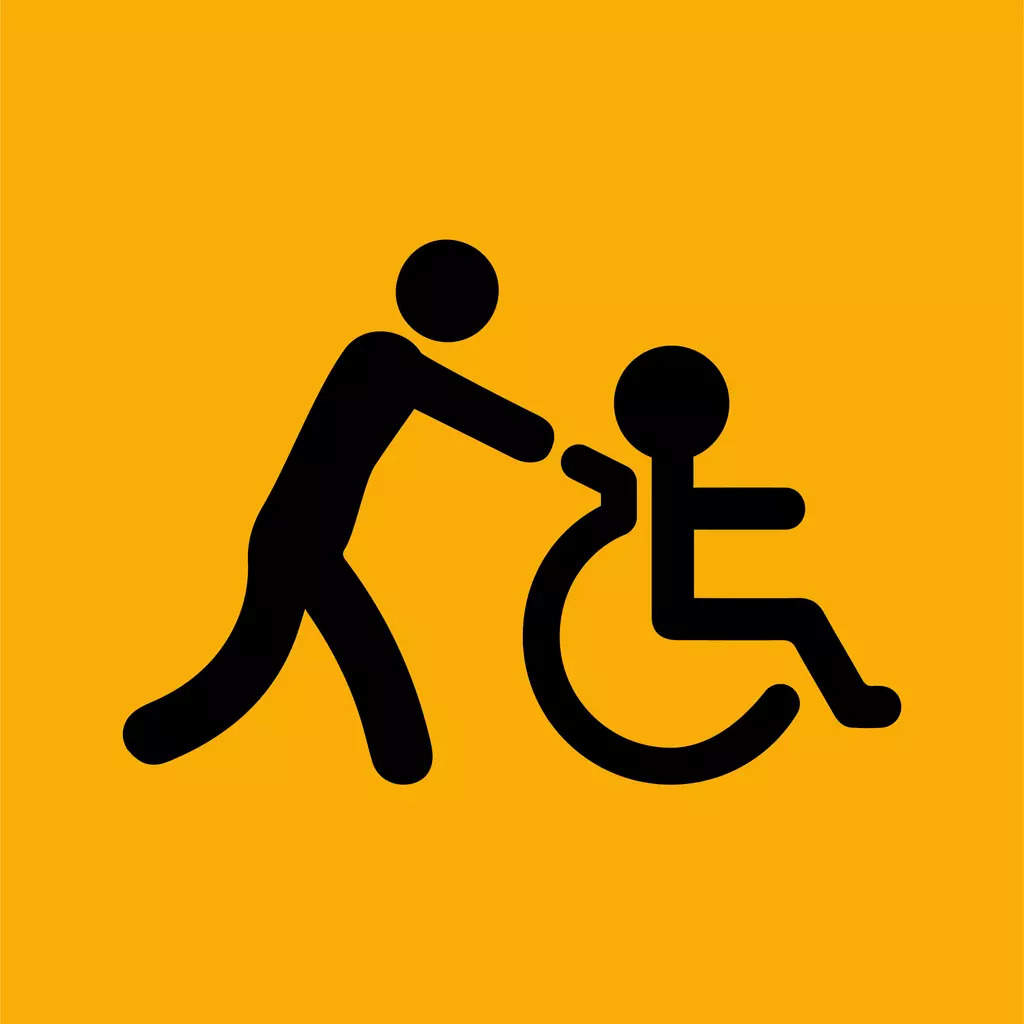
The focus of the government is not just on women empowerment but a step ahead which is women-led empowerment and it is highly welcoming. However, there are specific sections of women whose empowerment is long overdue. Their requirements are specific and it needs to be voiced. Just as we celebrated International Women’s Day, let’s draw our attention to women with disabilities who also belong to marginalised sections of our society. They are, unfortunately, a part of our invisible population.
Many efforts are made by many NGOs and by the government to empower them, but to live the dream of a prosperous India, it is very important to enable women with disabilities to be self-reliant.
For this, it is crucial to provide them with equitable access within the city. The transport infrastructure and transport services available in a city decide the education, health, social life, and career progression of all such women. If they don’t have safe infrastructure and public transport to cater their needs, their accessibility to the city gets restricted and hence all such opportunities.
A DULT funded study was conducted to understand the distinctive travel patterns of women and to better accommodate their needs by creating frameworks for institutionalizing their requirements in urban transport policies. During two (out of seven) focus group discussions conducted with students who have visual disabilities and working women with walking disabilities, who also belong to marginalised sections of society in Bengaluru, it was found that blind students don’t even have knowledge about the tactile flooring that provides them with safe paths.
Only metro stations and very few public places have these tactile flooring, but what’s the point if first, they don’t know how to use it and second how to reach to metro stations, because the first/end mile connectivity doesn’t have such infrastructure. Fear of accidents and acceptability in society was found to affect women’s mobility in a city. As a result, it reflects the poor social life among women with disabilities.
Visually impaired girl students mentioned that limited work opportunities for financial independence had left them with no preference for choosing the job of their convenience. Besides the Shakti Scheme that provides only an affordable aspect of mobility in the city for marginalised sections of women, it is equally important to introduce measures like bus priority lanes for speedy and reliable commute for all across the city network.
Free passes or concessions for using metro rail services are required for marginalised women with disability. increased timing for ticket validation at metro stations, ramps at all public places, professional driving school and maintenance and repair services for the tricycles used by women with walking disabilities are much required to make them self-reliant.
In addition, voice-based apps to ensure safe, comfortable, and independent mobility were stressed by visually impaired students. Signages and information display systems are needed for all women with hearing disabilities. Such focus on women centric development should not be looked upon as women-exclusive policies but women-inclusive policies. A city infrastructure and services designed to integrate the requirement of women with disabilities who also belong to marginalized sections of our society will, by default, also serve the requirement of all including elderly population of our city irrespective of their gender.

